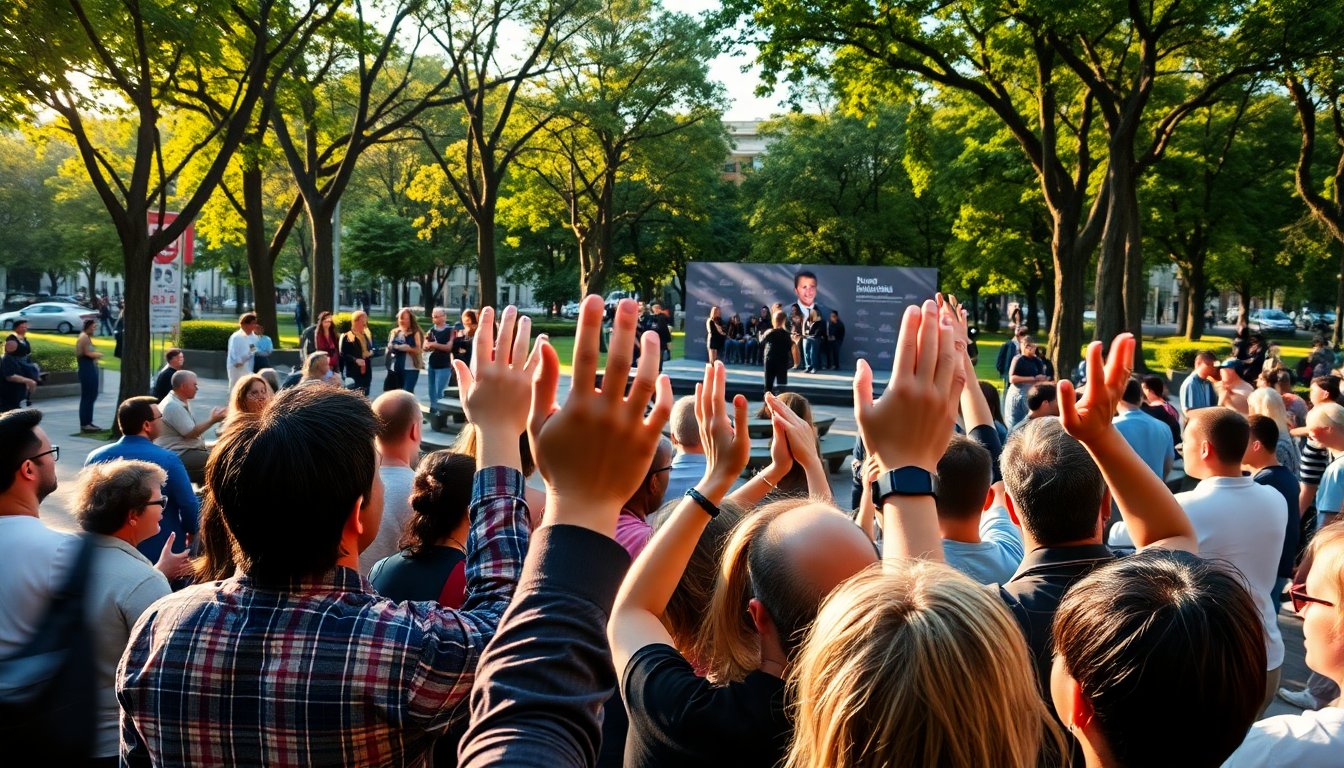Table of Contents
In contemporary media, the selection of speakers and influencers to headline major events can evoke significant reactions from the public, particularly when these individuals are known for their controversial statements. The recent decision by the New Yorker to feature polarizing left-wing influencer Hasan Piker has ignited a debate about the responsibilities of media outlets in curating their content and the potential social ramifications of normalizing extreme rhetoric.
Understanding the controversy
The uproar surrounding the New Yorker magazine’s choice to host Hasan Piker, a Twitch streamer known for his inflammatory remarks, highlights the ongoing challenges mainstream media faces in navigating public opinion and ethical considerations. Piker’s past comments—including derogatory statements about Israelis and dismissive remarks regarding tragic events—have drawn sharp criticism from various groups, including the Anti-Defamation League. This situation raises pertinent questions about the impact of such figures on public discourse and the responsibilities of media platforms in promoting or hindering divisive narratives.
Piker’s participation in an event titled the “New Political Arena” has been met with accusations of providing a platform for hate speech, particularly concerning antisemitism and anti-Zionism. Critics argue that by inviting him, the media entity endorses his controversial views, thereby contributing to a culture where extremist rhetoric becomes normalized. The backlash has been swift, with voices from various political and social spheres condemning the decision and calling for a reevaluation of what is deemed acceptable in public forums.
The role of media in shaping public perception
The media plays a crucial role in shaping societal norms and perceptions, making the choice of speakers at influential events a matter of significant consequence. Given Piker’s history of inflammatory remarks and instances where he trivialized severe issues, the question arises: does the media have a duty to vet speakers more rigorously? The New Yorker’s choice to include him in their festival has prompted a broader discussion about accountability in media representation.
As public figures increasingly use platforms like Twitch to amplify their voices, media outlets must grapple with the implications of featuring such influencers. The line between free speech and the potential incitement of hatred becomes blurred when controversial figures receive significant exposure. This dilemma is further complicated by the polarized nature of contemporary political discourse, where individuals often rally behind their preferred narratives, sometimes at the expense of fundamental ethical considerations.
Implications for future media choices
The backlash against the New Yorker serves as an important case study for future media decisions regarding event programming. As society evolves, so too do the expectations placed upon media entities to foster constructive dialogue rather than contribute to division. The conversations triggered by such controversies can lead to a reassessment of how platforms curate content and the potential consequences of their choices.
Looking ahead, it is essential for media outlets to consider the broader implications of their programming decisions. By prioritizing ethical considerations and the potential societal impact of featuring controversial figures, they can better navigate the challenging landscape of public opinion and maintain their credibility. As debates over freedom of speech and hate speech continue to unfold, the role of media in shaping these discussions will remain pivotal.


